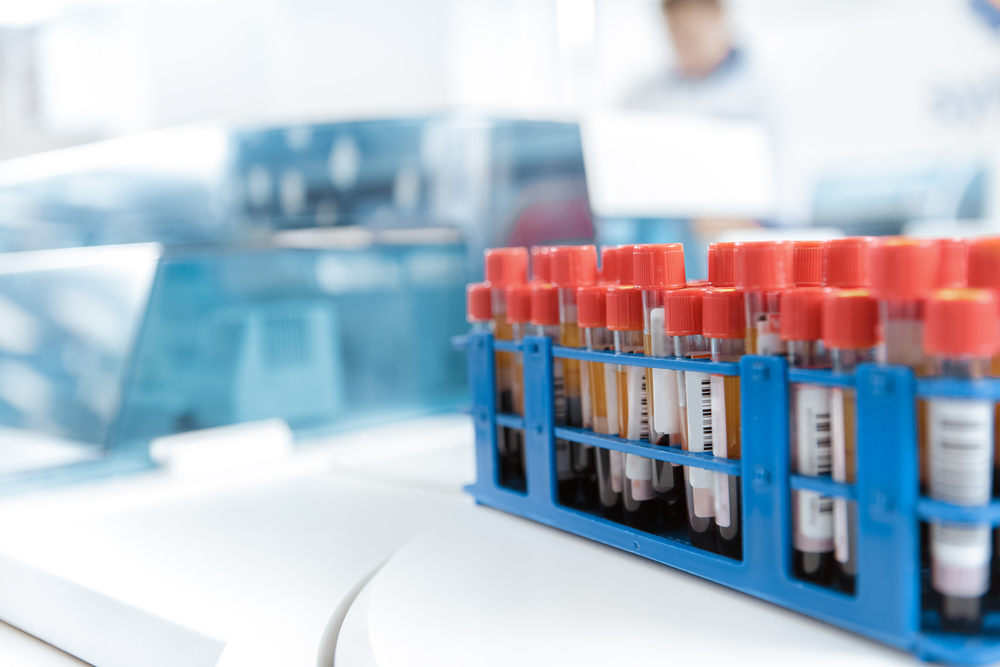Home Thyroid Check: Easy Methods

In today's fast-paced world, taking charge of your health has never been more important. The thyroid, a small gland located in your neck, plays a crucial role in regulating various bodily functions, from metabolism to energy levels. However, thyroid problems are not uncommon, and they can often go undetected without proper monitoring. Fortunately, advancements in healthcare technology have made it easier than ever to check thyroid health from the comfort of your own home. In this guide, we'll explore everything you need to know about monitoring thyroid function and detecting potential issues early on.
Brief overview of thyroid health
Before diving into home testing methods, let's start with a brief overview of the thyroid gland and its significance in maintaining overall health. The thyroid gland produces hormones that regulate metabolism, heart rate, digestion, and more. When the thyroid is functioning optimally, you feel energetic, maintain a healthy weight, and experience stable moods. However, imbalances in thyroid hormone levels can lead to a range of symptoms, including fatigue, weight gain or loss, hair loss, and mood swings.
Understanding Thyroid Function
To effectively monitor thyroid health at home, it's essential to understand how the thyroid gland functions and what factors can influence its activity. The thyroid gland produces two main hormones: thyroxine (T4) and triiodothyronine (T3). These hormones are regulated by the pituitary gland and hypothalamus in the brain, which release thyroid-stimulating hormone (TSH) to signal the thyroid to produce more or less hormones as needed.
Home Tests for Thyroid Health
Thanks to advancements in medical technology, several home testing options are now available to assess thyroid function conveniently. One of the most common methods is using at-home thyroid test kits, which typically involve collecting a small blood sample through a finger prick and sending it to a laboratory for analysis. These tests measure levels of TSH, T3, and T4 hormones, providing valuable insights into thyroid health.
Another option for monitoring thyroid function at home is through temperature tracking. Since thyroid hormones play a role in regulating body temperature, consistently low body temperatures may indicate hypothyroidism, while consistently high temperatures may suggest hyperthyroidism. By tracking your basal body temperature each morning before getting out of bed, you can identify patterns that may warrant further investigation.
Additionally, certain smartphone apps are designed to help track symptoms associated with thyroid disorders, such as fatigue, weight changes, and mood swings. While these apps cannot diagnose thyroid problems on their own, they can help you keep track of your symptoms and provide useful information to share with your healthcare provider.
When to Seek Professional Help
While home testing can provide valuable insights into thyroid health, it's essential to know when to seek professional medical advice. If you experience persistent symptoms such as unexplained weight changes, fatigue, hair loss, or changes in mood, it's crucial to consult with a healthcare provider. Additionally, if home test results indicate abnormal thyroid hormone levels, it's essential to follow up with a doctor for further evaluation and guidance.
Conclusion
In conclusion, monitoring thyroid health from home is now more accessible than ever, thanks to advancements in medical technology. By understanding the basics of thyroid function and utilizing home testing options, you can take proactive steps towards maintaining optimal thyroid health. However, it's essential to remember that home testing should complement, not replace, regular check-ups with a healthcare provider. If you have any concerns about your thyroid health or experience concerning symptoms, don't hesitate to seek professional medical advice. Remember, knowledge is power when it comes to taking charge of your health.






